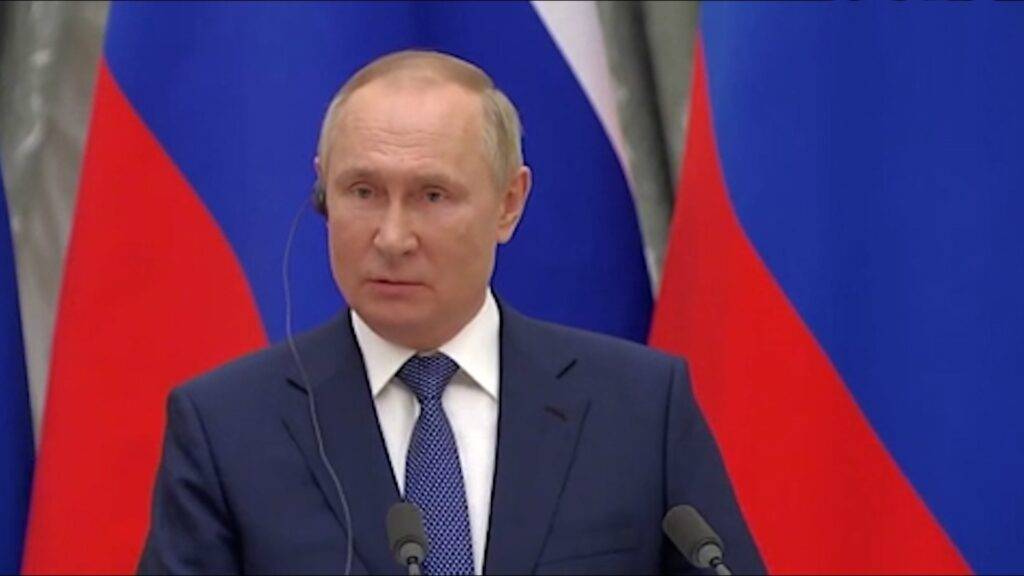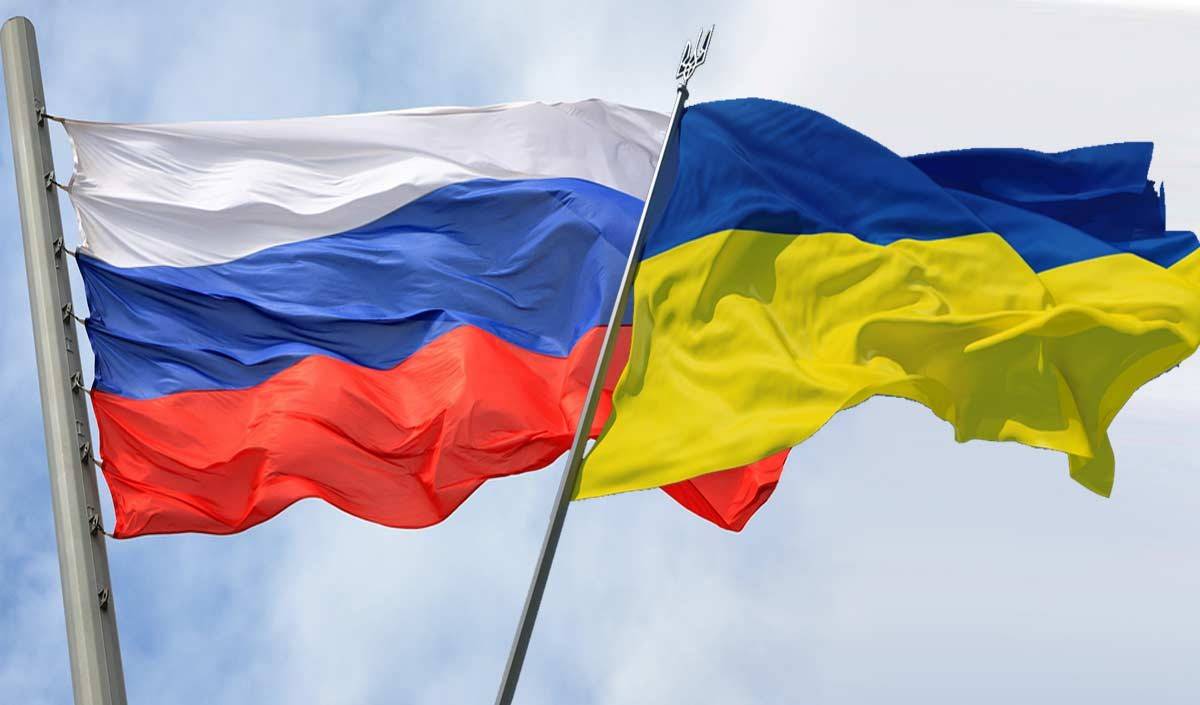Heightened Geopolitical Moves Deepen Concerns of an Imminent Nuclear Conflict
In recent days, the world has been on edge as a series of alarming events have unfolded, suggesting an increasingly tense situation and impending nuclear war between Russia and NATO. Reports of a “WAR ALERT” being sent to millions, the deployment of Russian Doomsday planes to Siberia, the targeting of STRATCOM, and the impending closure of Moscow airspace have left many wondering if these developments signal the onset of a full-scale conflict.
This all coming after drones targeted wealthy civilian neighborhoods in Russia. Russia says it was Ukraine, but Ukraine denied the allegations while making bizarre comments about how Russian civilians should “feel the pain.”
This article aims to delve into the details of these events and their implications on global security and the impending nuclear war.
“WAR ALERT” Message Sent to Millions
The gravity of the situation became evident when reports surfaced about a “WAR ALERT” being sent to millions of individuals worldwide. While the exact origin and motive behind this alarming message remain unclear, it has undoubtedly contributed to the growing sense of unease and uncertainty. Governments and international organizations are scrambling to assess the situation and gather accurate information, while simultaneously urging caution and avoiding panic.
Russian Doomsday Planes Sent to Siberia

Adding to the apprehension, Russia has reportedly deployed Doomsday planes to Siberia. These specialized aircraft are designed to serve as airborne command centers in the event of a nuclear war or other catastrophic scenarios. Their presence in such a strategically important region raises concerns about Russia’s intentions and its readiness for a potential conflict. The deployment of these planes serves as a stark reminder of the importance of maintaining open lines of communication and diplomacy to de-escalate tensions.
STRATCOM Targeted
In a disconcerting development, it has been reported that STRATCOM, the United States Strategic Command responsible for America’s nuclear arsenal, has been targeted. While the specific nature and extent of the attack remain undisclosed, the incident has underscored the vulnerability of critical infrastructure and the potential consequences of cyber warfare. The targeting of STRATCOM serves as a stark reminder of the need for robust cybersecurity measures and international cooperation to safeguard against such threats.
Impending Closure of Moscow Airspace
Adding further fuel to the fire, reports suggest that Russia is planning to close Moscow airspace soon. This decision, if implemented, would significantly disrupt international travel and trade routes, further isolating Russia from the rest of the world. The closure of airspace can be seen as an indication of Russia’s willingness to escalate tensions and its preparedness to mobilize its military forces.
Nukes Are Moving Into Position
Perhaps the most unsettling aspect of these developments is the mention of nuclear weapons and the movement of them seen around the globe. There’s news of Russia moving nukes to Belarus and possible NATO nukes in Poland.
The use of nuclear weapons would have catastrophic consequences and must be avoided at all costs. The international community must work together to ensure clear channels of communication and diplomatic avenues to prevent any accidental or intentional escalation to such a devastating level.
As tensions continue to escalate, it is imperative for the international community to remain vigilant and engaged in diplomatic efforts aimed at de-escalation. It is crucial to maintain open lines of communication, verify information, and avoid speculation that may further exacerbate the situation. The world stands at a critical juncture, where cool-headedness, international cooperation, and a commitment to peaceful resolution must prevail. Only through dialogue and diplomacy can we hope to diffuse the current tensions and avert the devastating consequences of a potential conflict.
